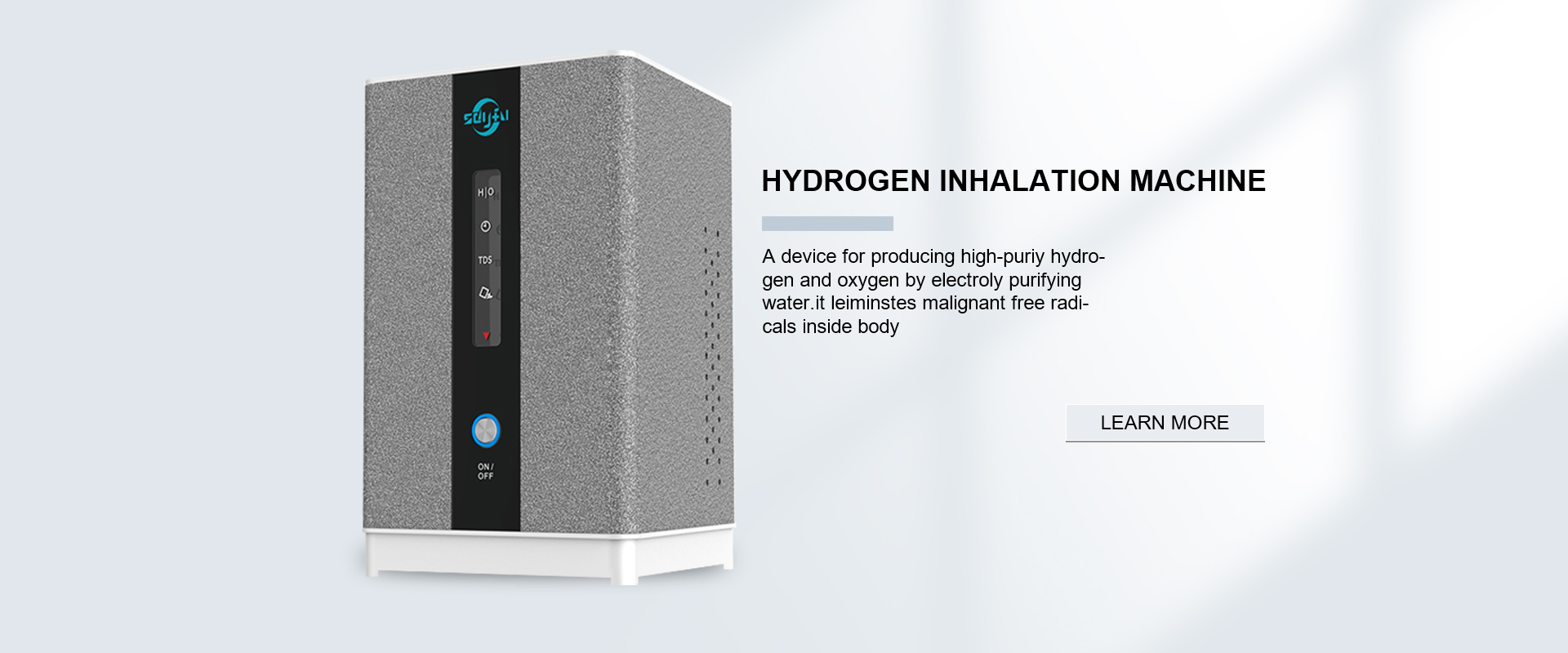Most of the sudden cardiac deaths of young and middle-aged people come from work pressure and living habits.
It is clinically found that many people who die suddenly have experienced high-intensity work.
Long-term and high-intensity work will keep the sympathetic nerves in a highly excited state, leading to vasoconstriction and increased blood pressure. Increasing the burden on the heart will cause great harm in the long run.
In addition, unhealthy lifestyles also increase the heart burden of young people.
Overeating, addiction to tobacco and alcohol, excessive obesity, frequent staying up late, lack of exercise, etc., these high risk factors for disease often put too much pressure on the cardiovascular and cerebrovascular of young people. Over time, coronary atherosclerotic plaques are formed in the heart. When the plaques are unstable and ruptured, thrombi form and completely block the blood vessels, and then acute myocardial infarction occurs immediately.
In addition to underlying diseases and sub-health, the rate of sudden death among young people has risen sharply.
In recent years, studies have found that hydrogen can effectively inhibit part of the active oxygen in the body and then produce an antioxidant effect. It has shown good prevention and treatment effects on a variety of oxidative stress-related diseases in animal experiments, and similar prevention and treatment have been achieved in many clinical trials. Effect. Such as atherosclerosis, diabetes, ischemia reperfusion injury and so on.
The protective effect of hydrogen on cardiovascular diseases:
Hydrogen has a good preventive effect on atherosclerosis, and it can also fundamentally prevent the occurrence and development of cardiovascular diseases. People who already have coronary heart disease use hydrogen gas, which can significantly slow down the progression of the disease and protect the heart.
In addition to the protection of cardiovascular diseases in the management of chronic diseases, many scholars have confirmed the conditioning effect of hydrogen inhalation on acute myocardial infarction, especially inhaling hydrogen molecules during the rescue of patients with myocardial infarction, which can reduce myocardial cells as much as possible. As a first aid aid, it protects heart function and helps save lives.
Intervention effect of hydrogen on metabolic diseases:
Some chronic diseases such as dyslipidemia, diabetes, obesity and hypertension caused by abnormal metabolism of the body can damage the cardiovascular system, and hydrogen gas has a certain effect on the intervention of metabolic diseases. There have been many preliminary clinical studies on hydrogen treatment of metabolic diseases.
Nakao et al. conducted a preliminary study in 20 patients with metabolic syndrome and found that after drinking 1.5-2L of hydrogen-rich water a day for 8 weeks, the oxidation indicators in human blood and urine were significantly improved.
Kajiyama et al. used a randomized, double-blind, and placebo-controlled study in 30 patients with type 2 diabetes, and found that drinking 0.9L of hydrogen-rich water for 8 weeks can improve patients' abnormal glucose and lipid metabolism. and many more.
The biological effectiveness of hydrogen and the fact that hydrogen has not been found to have any toxic side effects, hydrogen molecules have unique development advantages in disease prevention and treatment.
